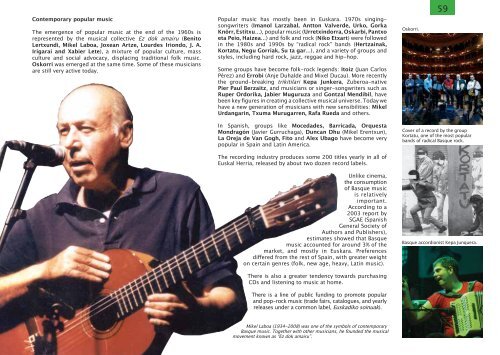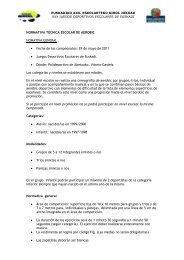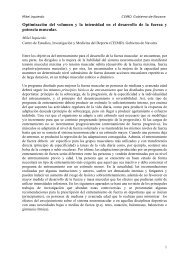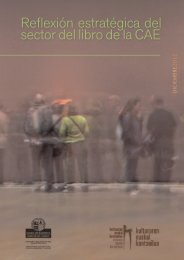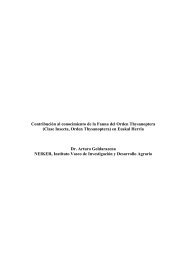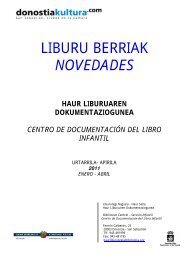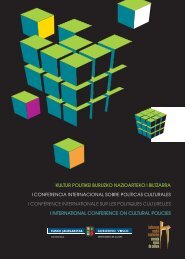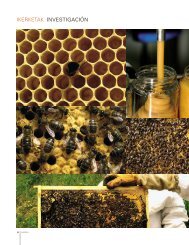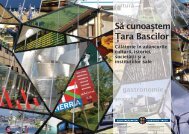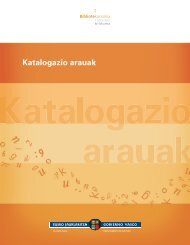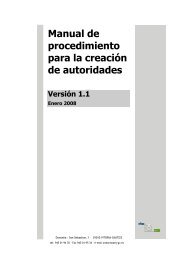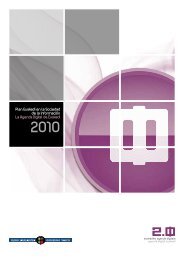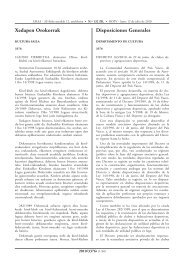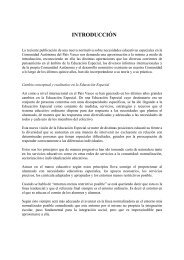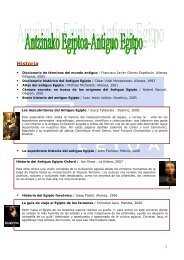The Basque Country (pdf, 4,3Mb) - Kultura Saila - Euskadi.net
The Basque Country (pdf, 4,3Mb) - Kultura Saila - Euskadi.net
The Basque Country (pdf, 4,3Mb) - Kultura Saila - Euskadi.net
You also want an ePaper? Increase the reach of your titles
YUMPU automatically turns print PDFs into web optimized ePapers that Google loves.
Contemporary popular music<br />
<strong>The</strong> emergence of popular music at the end of the 1960s is<br />
represented by the musical collective Ez dok amairu (Benito<br />
Lertxundi, Mikel Laboa, Joxean Artze, Lourdes Iriondo, J. A.<br />
Irigarai and Xabier Lete), a mixture of popular culture, mass<br />
culture and social advocacy, displacing traditional folk music.<br />
Oskorri was emerged at the same time. Some of these musicians<br />
are still very active today.<br />
Popular music has mostly been in Euskara. 1970s singingsongwriters<br />
(Imanol Larzabal, Antton Valverde, Urko, Gorka<br />
Knörr, Estitxu...), popular music (Urretxindorra, Oskarbi, Pantxo<br />
eta Peio, Haizea...) and folk and rock (Niko Etxart) were followed<br />
in the 1980s and 1990s by “radical rock” bands (Hertzainak,<br />
Kortatu, Negu Gorriak, Su ta gar...), and a variety of groups and<br />
styles, including hard rock, jazz, reggae and hip-hop.<br />
Some groups have become folk-rock legends: Itoiz (Juan Carlos<br />
Pérez) and Errobi (Anje Duhalde and Mixel Ducau). More recently<br />
the ground-breaking trikitilari Kepa Junkera, Zuberoa-native<br />
Pier Paul Berzaitz, and musicians or singer-songwriters such as<br />
Ruper Ordorika, Jabier Muguruza and Gontzal Mendibil, have<br />
been key figures in creating a collective musical universe. Today we<br />
have a new generation of musicians with new sensibilities: Mikel<br />
Urdangarin, Txuma Murugarren, Rafa Rueda and others.<br />
Oskorri.<br />
59<br />
In Spanish, groups like Mocedades, Barricada, Orquesta<br />
Mondragón (Javier Gurruchaga), Duncan Dhu (Mikel Erentxun),<br />
La Oreja de Van Gogh, Fito and Alex Ubago have become very<br />
popular in Spain and Latin America.<br />
Cover of a record by the group<br />
Kortatu, one of the most popular<br />
bands of radical <strong>Basque</strong> rock.<br />
<strong>The</strong> recording industry produces some 200 titles yearly in all of<br />
Euskal Herria, released by about two dozen record labels.<br />
Unlike cinema,<br />
the consumption<br />
of <strong>Basque</strong> music<br />
is relatively<br />
important.<br />
According to a<br />
2003 report by<br />
SGAE (Spanish<br />
General Society of<br />
Authors and Publishers),<br />
estimates showed that <strong>Basque</strong><br />
music accounted for around 3% of the<br />
market, and mostly in Euskara. Preferences<br />
differed from the rest of Spain, with greater weight<br />
on certain genres (folk, new age, heavy, Latin music).<br />
<strong>Basque</strong> accordionist Kepa Junquera.<br />
<strong>The</strong>re is also a greater tendency towards purchasing<br />
CDs and listening to music at home.<br />
<strong>The</strong>re is a line of public funding to promote popular<br />
and pop-rock music (trade fairs, catalogues, and yearly<br />
releases under a common label, <strong>Euskadi</strong>ko soinuak).<br />
Mikel Laboa (1934-2008) was one of the symbols of contemporary<br />
<strong>Basque</strong> music. Together with other musicians, he founded the musical<br />
movement known as “Ez dok amairu”.


